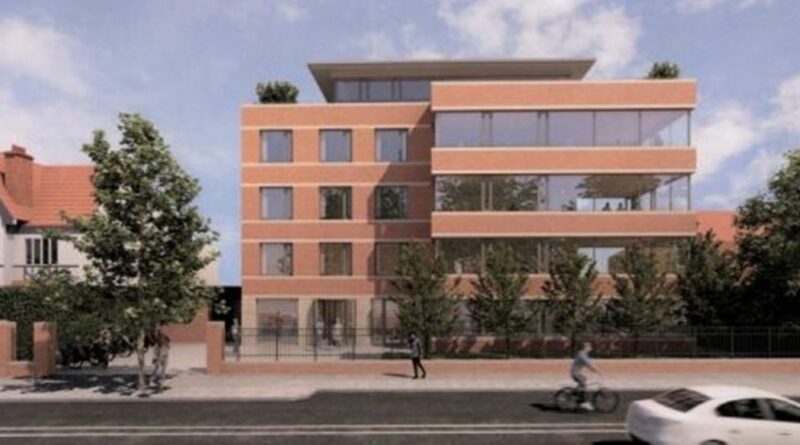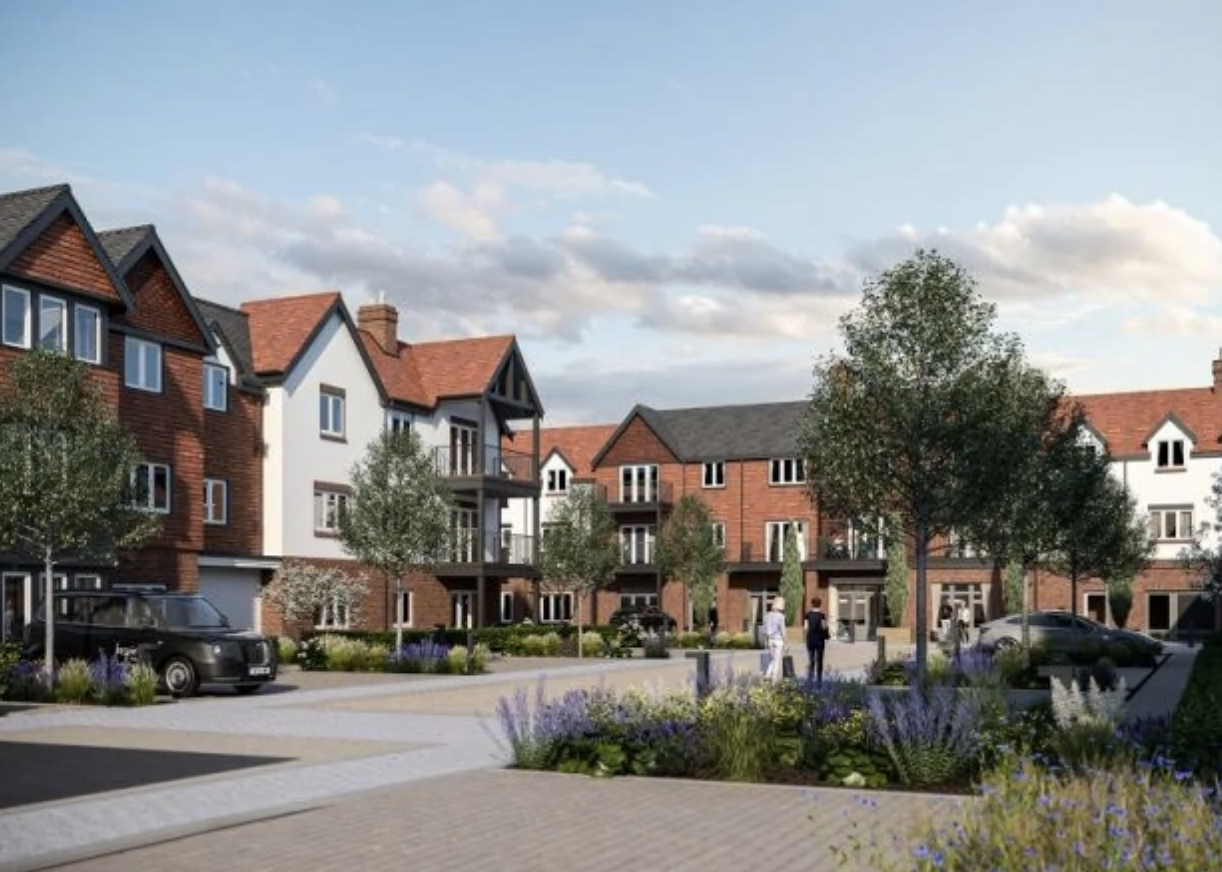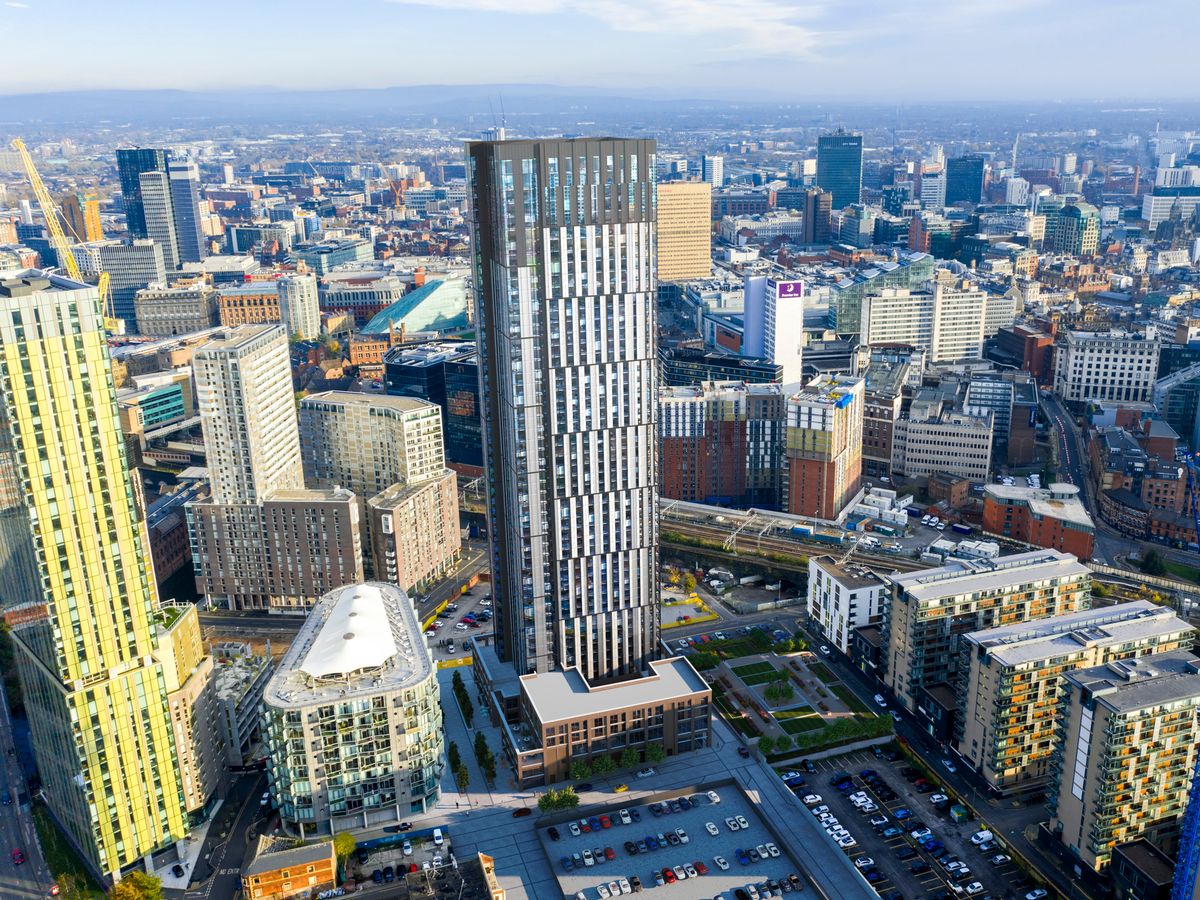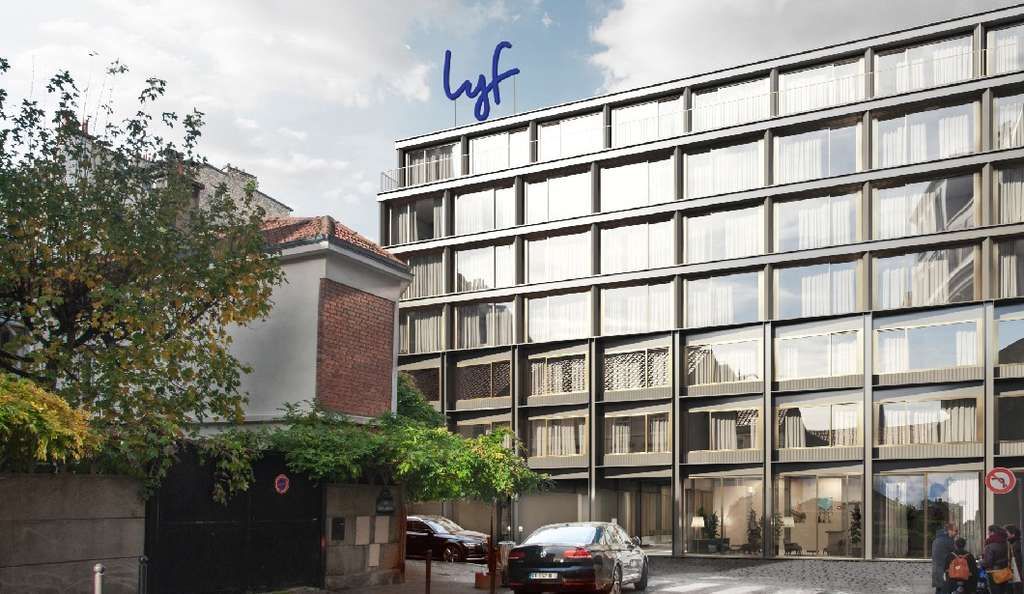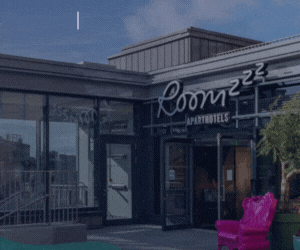Ireland: An Bord Pleanála, the Irish organisation that decides planning appeals, has sided against its own inspector, as well as citizen appeals, in its approval for a new coliving space in Ballsbridge.
The €25 million coliving space will be developed by Bartra Property at the site of a current guesthouse, which will be demolished. This plan was also granted planning permission by the Dublin City Council but with much resistance from residents.
The appeal, heard by the board, was from five local residents. The build-to-rent property also received 39 additional complaints who objected that coliving was not a good idea due to Covid restrictions and that the building would not match the character of the rest of the street.
Objections came from notable residents and organizations such as Dublin Green Party MEP, Ciaran Cuffe, Labour senator, Ivana Bacik, local Sinn Féin TD, Chris Andrews, An Taisce, Kevin Toland, and Chris Comerford, a local businessman.
Kevin Toland, CEO of Aryzta and resident of Merrion Road, the location of the new coliving space, and his wife wrote a complaint and said: “It could endanger the local community at large. We were very surprised that a proposal of this nature would even be considered during a world-wide pandemic.”
The complaint also referred to the coliving space as a “complete eyesoar.”
The project was also met with resistance by the board’s own inspector, who called the planned coliving property “substandard.”
Current design standards for apartment buildings require that coliving spaces only be built in city centres where the accommodation is needed. The inspector felt that the proposed Ballsbridge location did not fit this standard.
The inspector said: “The proposal would be contrary to national and local policies which seek to deliver attractive and desirable housing options in appropriate locations.”
The board disagreed, stating that it believed that the building would sit in a central location for Ballsbridge, which is in close proximity to many sites of employment and public transportation.
The inspector also objected to the amount of kitchen space and communal spaces, stating that the development did not have enough of either.
The board disagreed again and asserted that the amount of kitchen and living space was in line with similar developments that had been approved in the past.
The board did make some changes to the number of beds that would be allowed in the building, however. Originally, Bartra proposed 111 beds, but the Dublin City Council lessened the number to 93. Bartra appealed this decision to the board, arguing that the reduction of rooms threatened the success of the project. Bartra also argued that many employers offer meals, so fewer kitchen spaces would be acceptable. The board granted the final verdict that 105 beds should be included in the development. The board justified the removal of six beds in order to add to the kitchen and communal spaces.
The newly constructed building will be five-stories tall with an array of amenities for guests. Communal kitchen, living, and dining rooms will be available on each floor. The property will also include a gymnasium, a cinema room, a function room, roof terraces, launderette, and a linen store.
The property is designed for those who are looking for a place to stay for the short to medium term. Bartra, who also had two other coliving properties approved before accommodations of their type was banned by Minister for Housing, Darragh O’Brien, believes that this development will be well suited for those whose needs are not met by standard accommodations.











